Essential details:
- Where: Central Court, CentralWorld, Bangkok.
- When: Tuesday 27 March 2018, 16:00 - 18:30.
Have you ever thought about how clothes or mobiles phones are made? The journey that food takes from the farm to your plate? Or even how the people who make these products are treated?
For the first time ever, IOM X, the International Organization for Migration (IOM - UN Migration Agency) and the United States Agency for International Development’s (USAID) campaign to prevent human trafficking and exploitation, has partnered with a group of Thailand’s top YouTube Creators.
The result is “Do you know who made it?” — an online video series that aims to shine a much-needed spotlight on the bleak reality of today’s manufacturing industry.
Join this event and you can meet:
- Bie the Ska | Visit the channel
- Pleum (VRZO channel) | Visit the channel
- Soft (Softpomz channel) | Visit the channel
- Billy | Visit the channel
- Tae & Luke (picnicly channel) | Visit the channel
These incredible YouTube Creators will come together for this event, meet fans and share why they chose to participate in this exciting project.
==============
- Where: Central Court, CentralWorld, Bangkok.
- When: Tuesday 27 March 2018, 16:00 - 18:30.
คุณเคยถามตัวเองบ้างไหมว่าเ
เป็นครั้งแรกที่ องค์การระหว่างประเทศเพื่อก
ผลลัพท์ที่ได้จากการรวมตัวก
ไปร่วมงานอีเว้นท์นี้แล้วคุ
- Bie the Ska | https://www.youtube.com/
user/bomberball - Pleum (VRZO channel) | https://www.youtube.com/
user/VrzoChannel - Soft (Softpomz channel) | https://www.youtube.com/
channel/ UCHEj6tiT_WSe8Ny0OfcILiA/ featured - Billy | https://www.youtube.com/
user/BILLbilly01 - Tae & Luke (picnicly channel) | https://www.youtube.com/
user/Picnicly
เหล่าเซเลบ YouTuber คนดังของไทยที่จะมารวมตัวกั
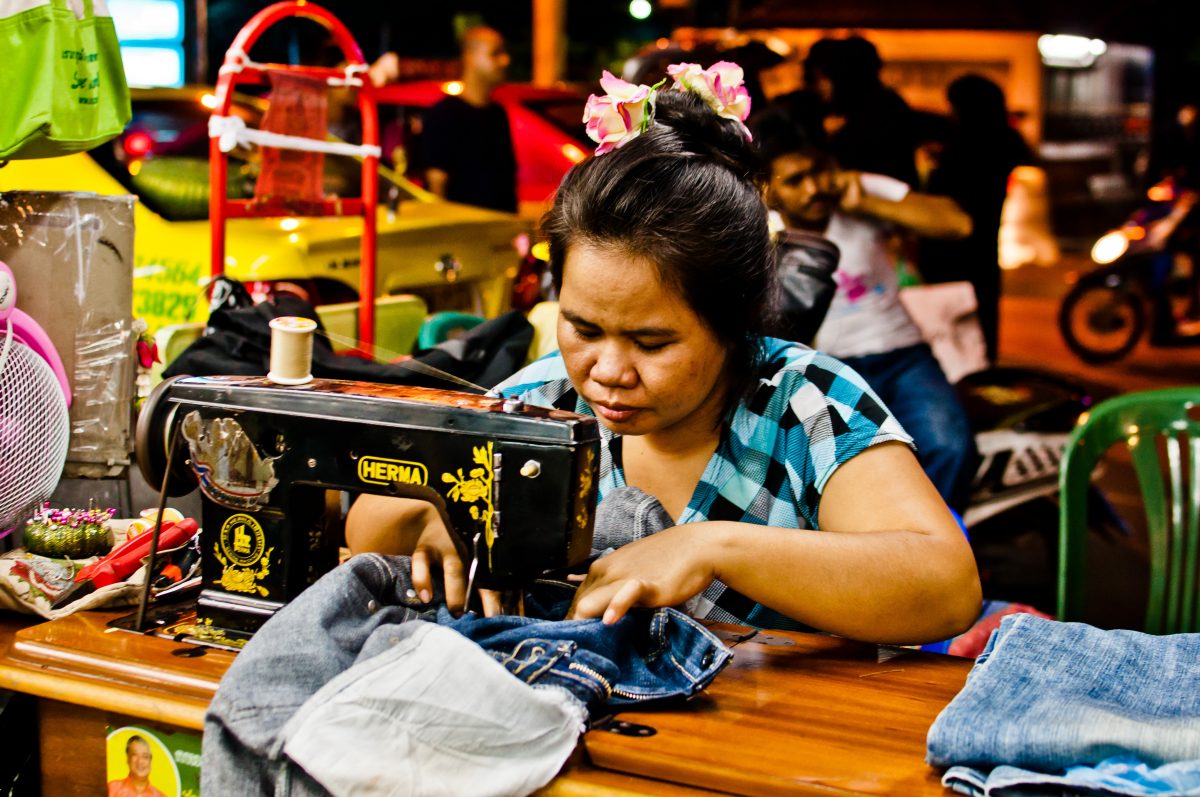
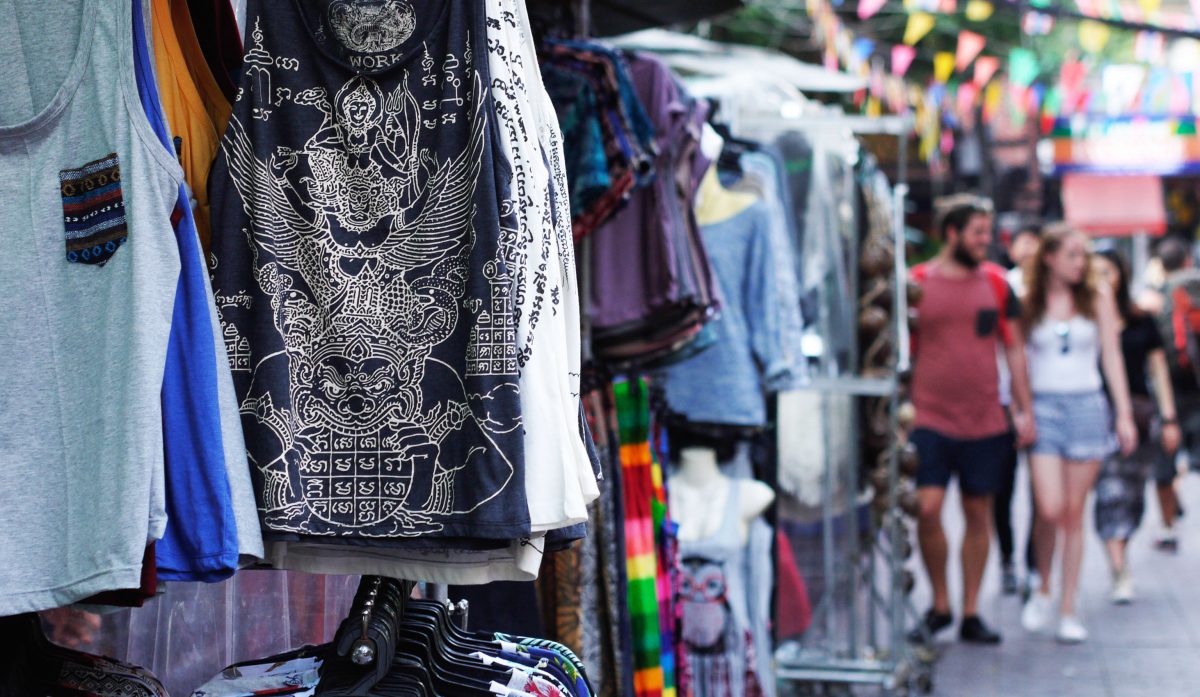
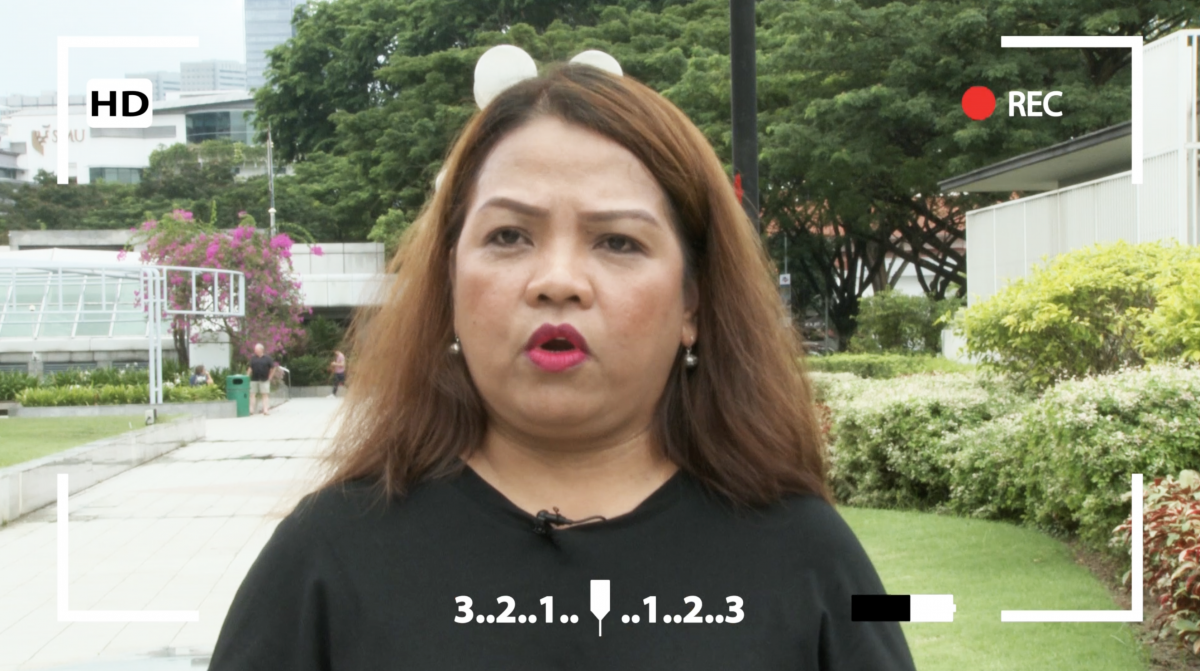

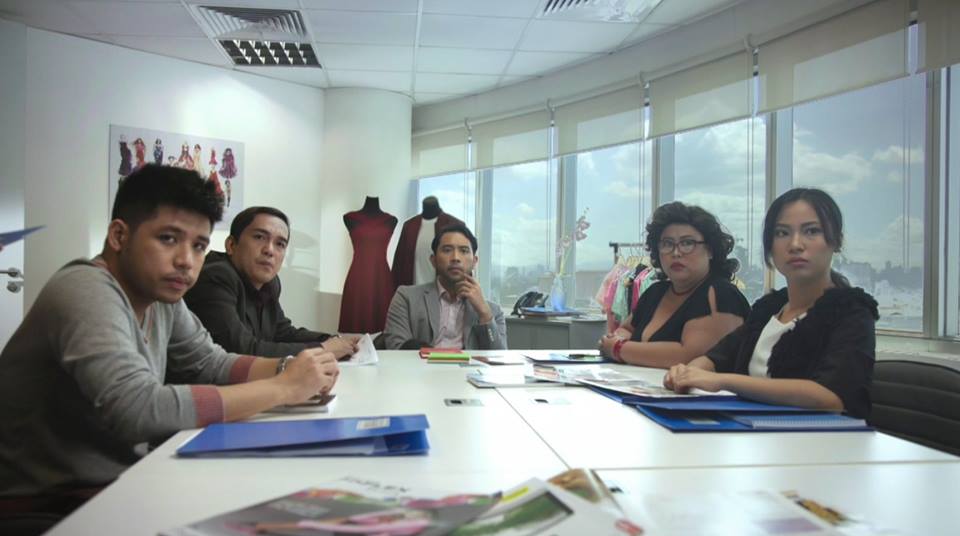
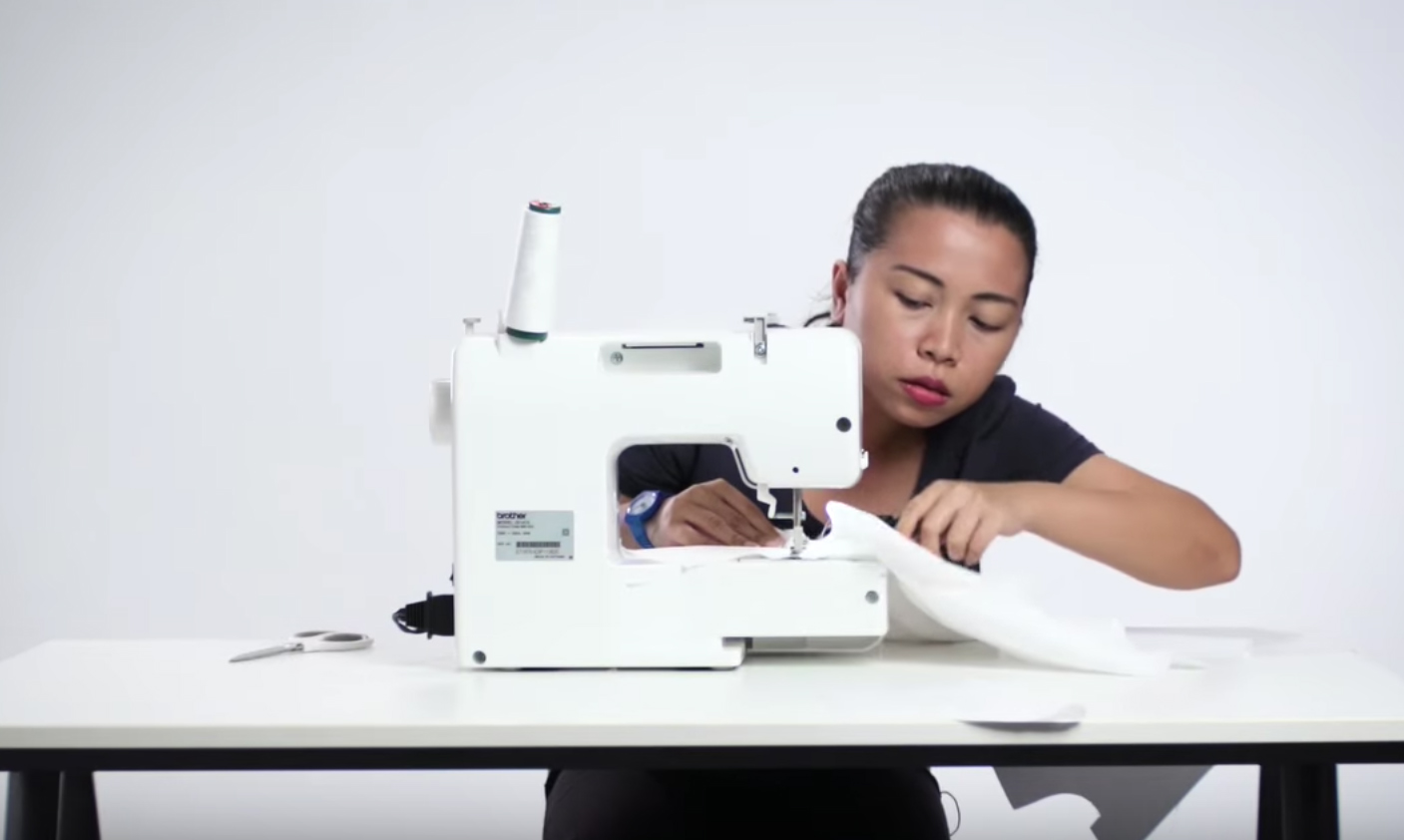
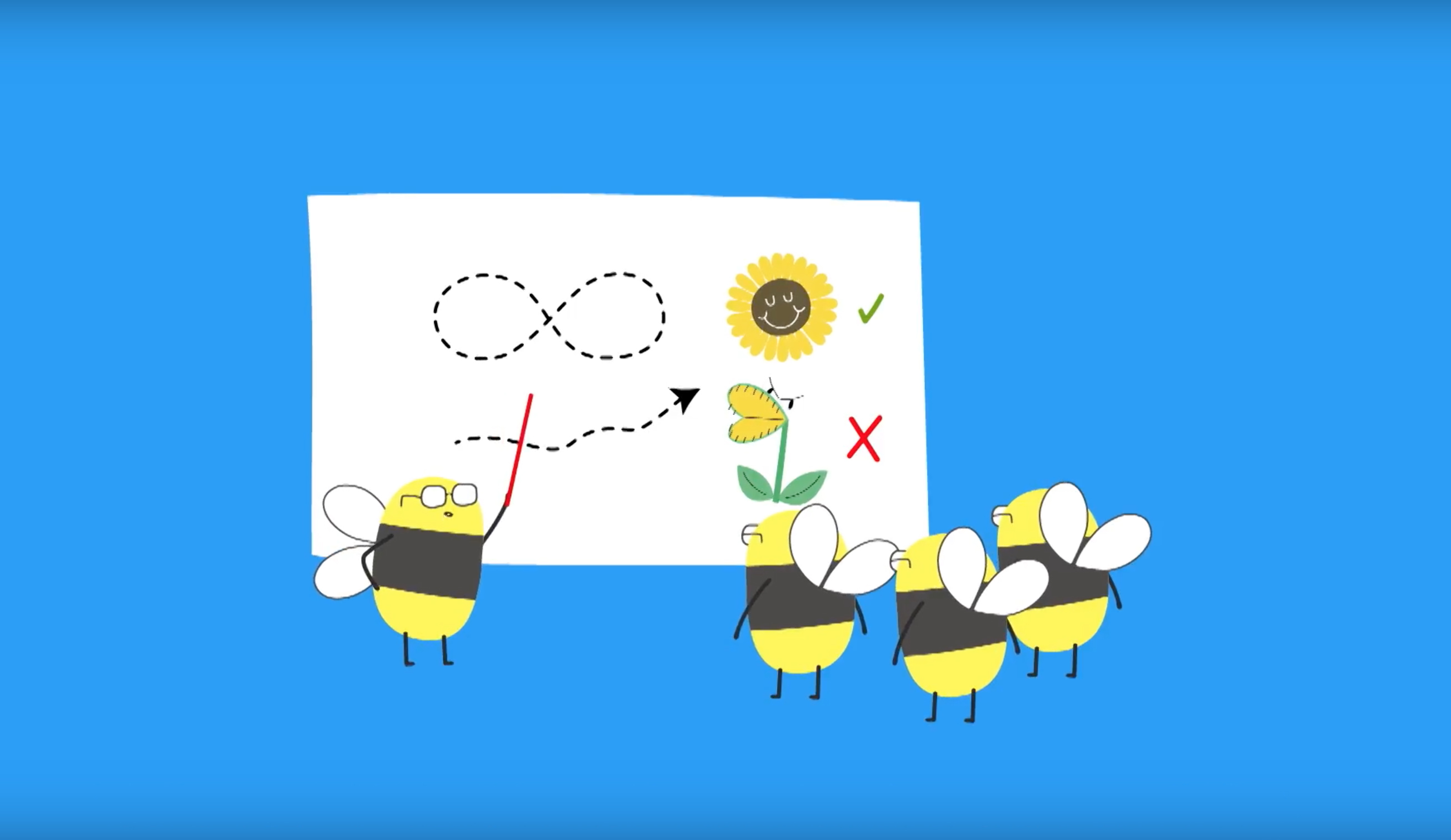

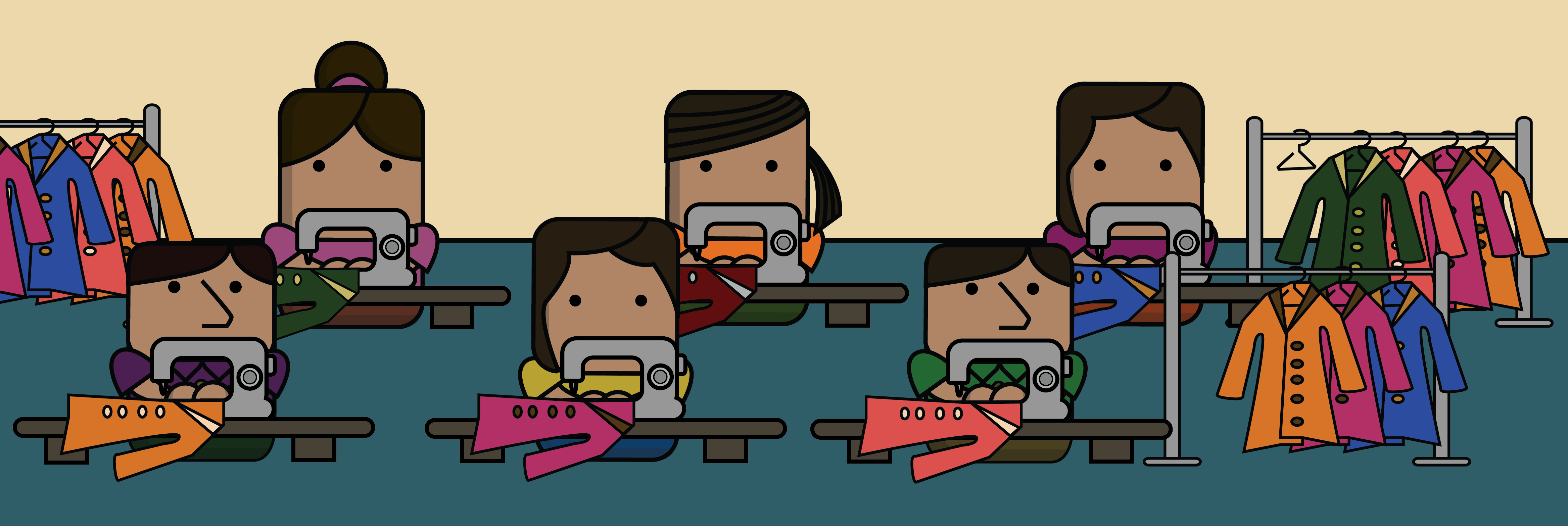
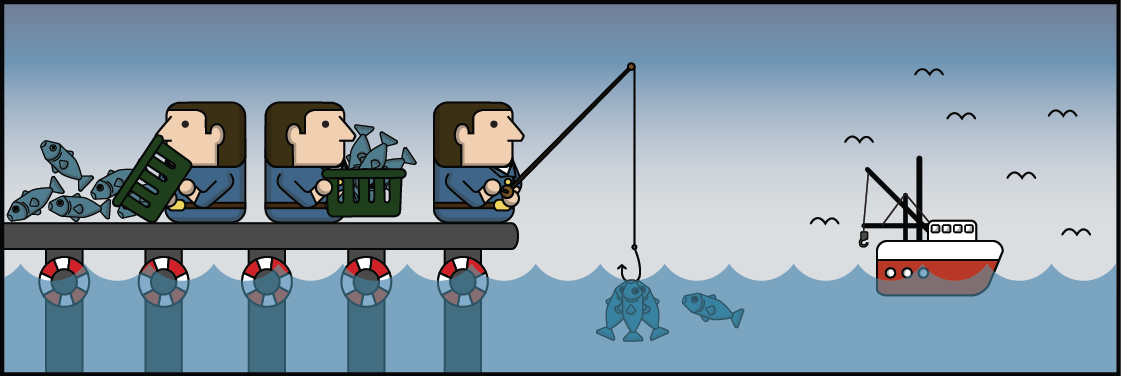
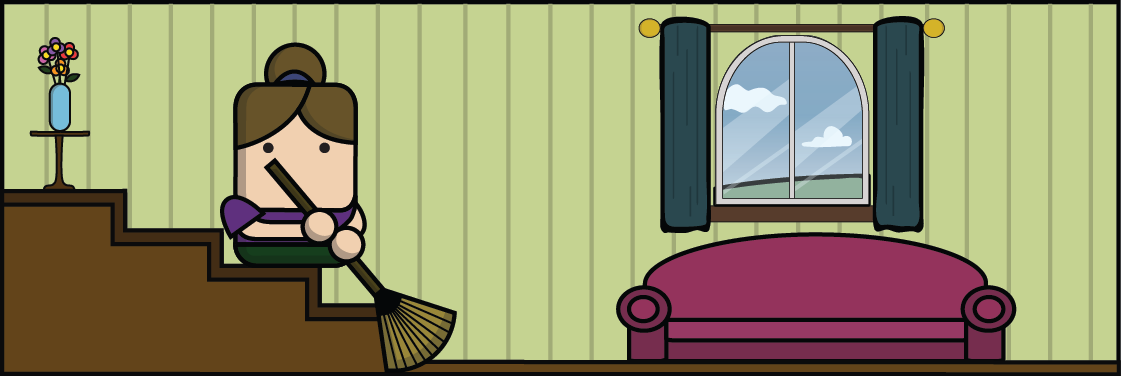
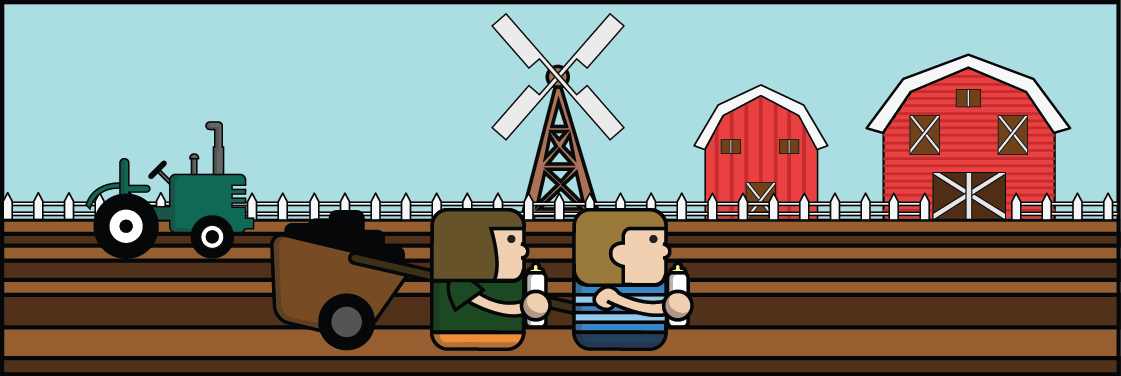
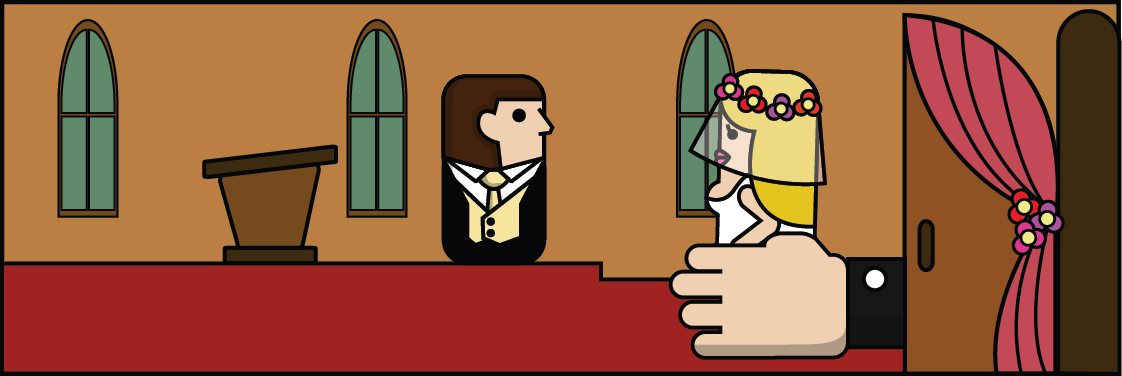
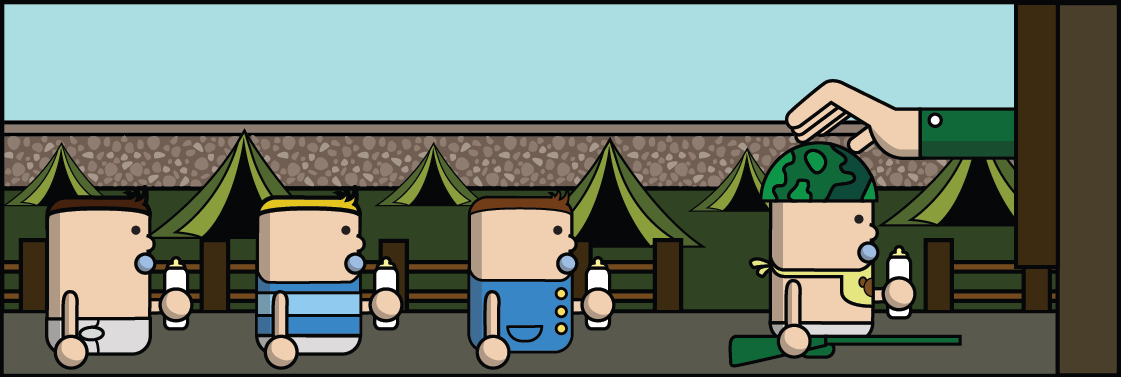
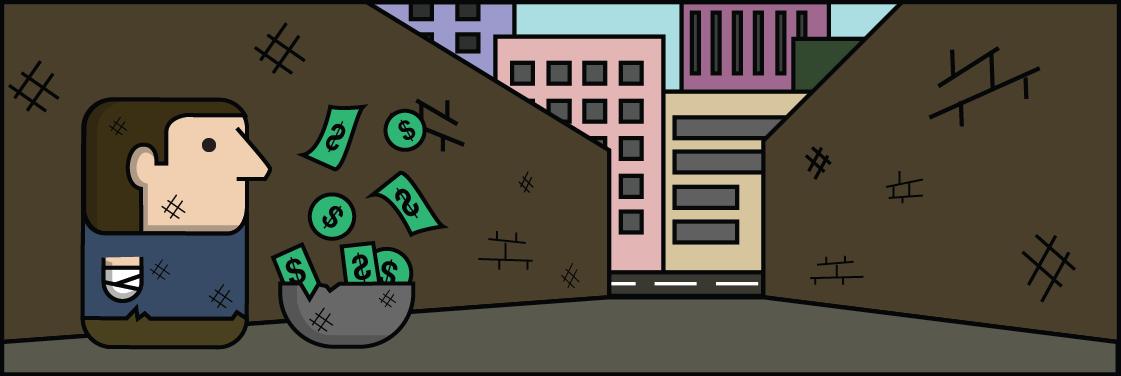
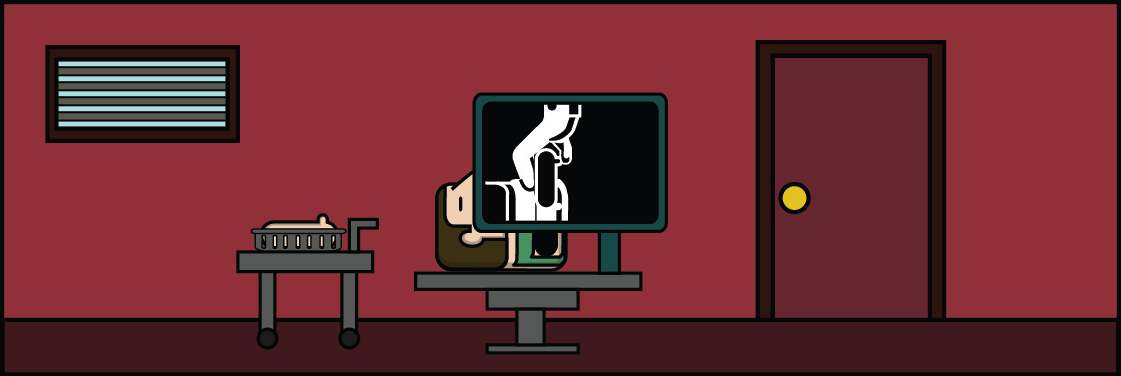
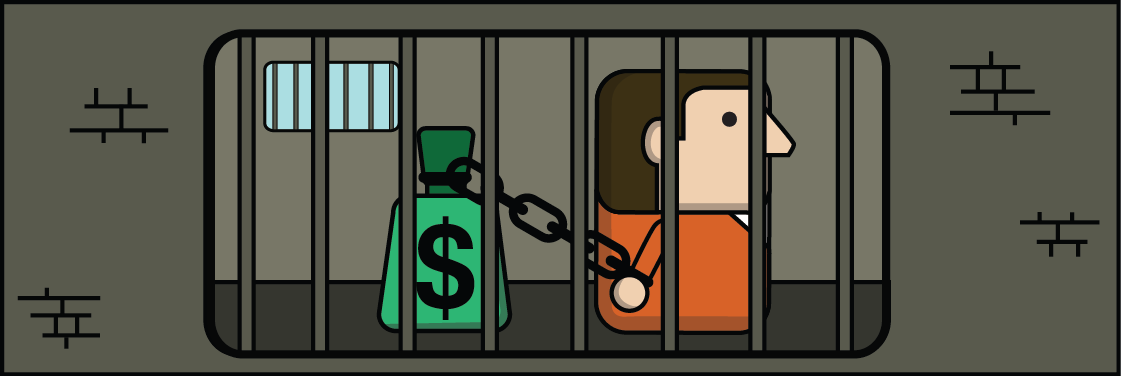
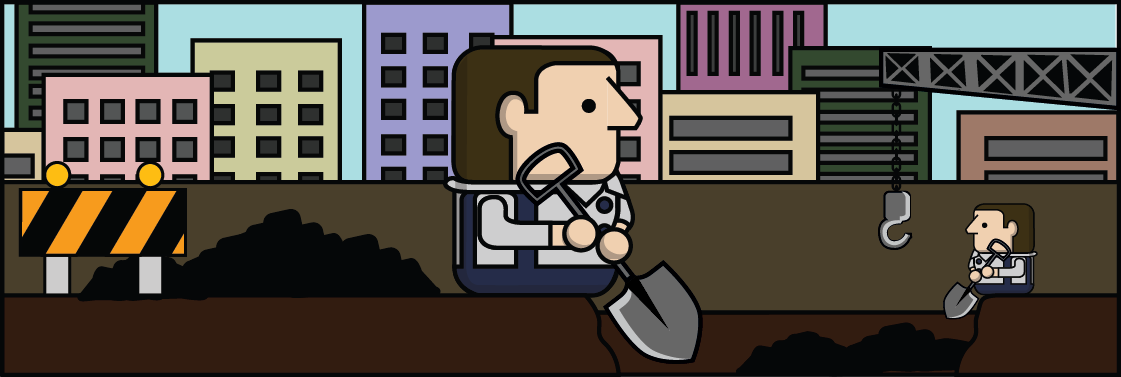

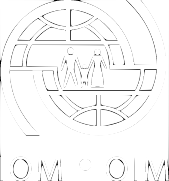 Power by
Power by